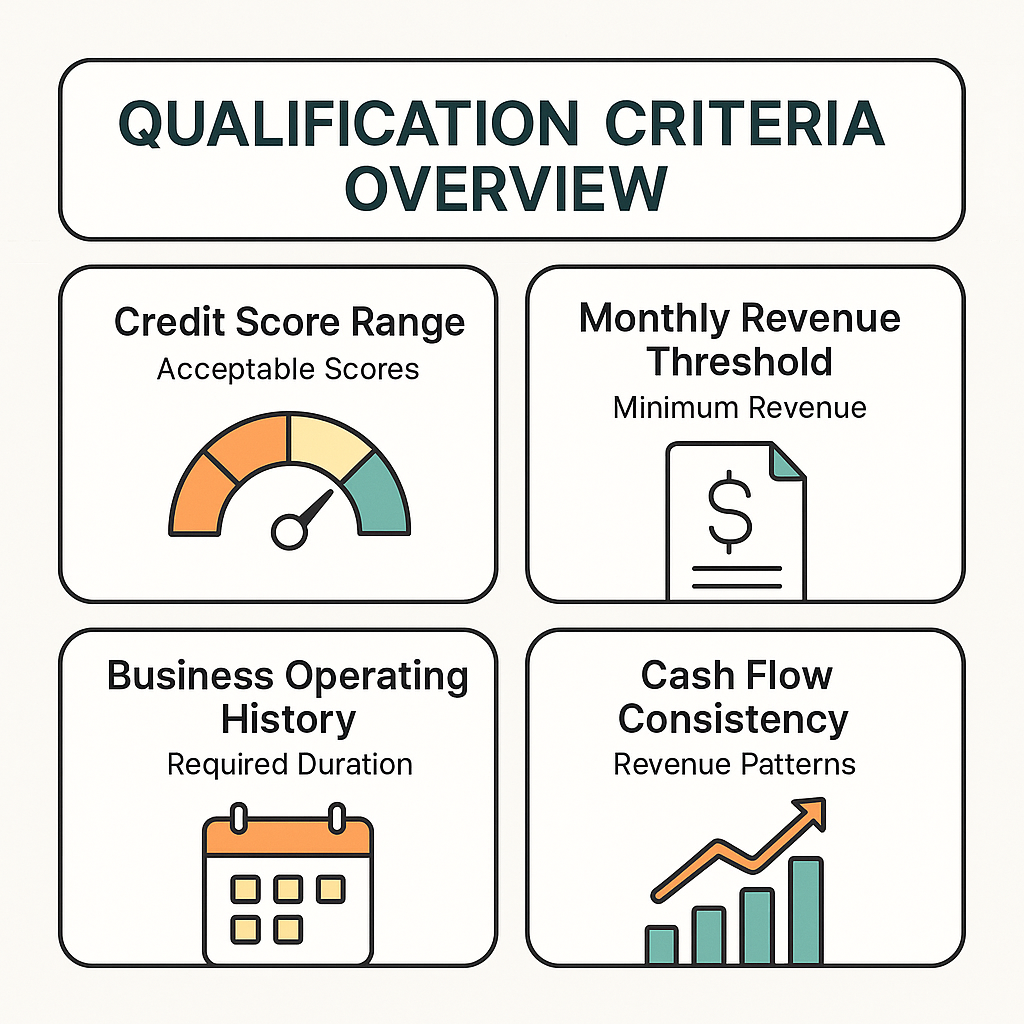Traditional bank loans aren't the only path to business funding. Alternative lending has emerged as a powerful solution for small business owners who need capital quickly or don't meet strict bank requirements. Understanding how to qualify for alternative lending can open doors to financing options with flexible criteria and faster approval times.
Understanding Alternative Lending Requirements
Alternative lending requirements differ significantly from traditional bank standards, making funding more accessible to a broader range of businesses. Unlike banks that focus heavily on credit scores and extensive financial history, alternative lenders evaluate your business through multiple lenses. The minimum revenue requirements are typically much lower, with many lenders accepting businesses that generate as little as $25,000 in monthly revenue. This flexibility allows newer companies and smaller operations to access capital that would otherwise remain out of reach through conventional banking channels.
Essential Qualification Criteria for Alternative Funding

Meeting the essential qualification criteria for alternative funding involves understanding the key metrics that lenders prioritize when evaluating your application.
- Credit Score Range: Most alternative lenders accept credit scores between 500-650, significantly lower than traditional bank requirements of 680 or higher.
- Monthly Revenue Threshold: Maintain consistent monthly revenues of at least $25,000 to qualify for most alternative lending products.
- Business Operating History: Demonstrate a minimum of 6-12 months in business, though some lenders may accept shorter operating periods with strong cash flow.
- Cash Flow Consistency: Show stable or growing revenue patterns over recent months, as lenders focus more on cash flow trends than perfect credit histories.
Documentation Needed for Alternative Lending Applications
The documentation needed for alternative lending applications is typically less extensive than traditional bank requirements, focusing on current business performance rather than lengthy financial histories.
- Bank Statements: Provide 3-6 months of recent business bank statements showing consistent deposits and cash flow patterns.
- Basic Business Information: Submit business registration documents, tax ID numbers, and proof of business ownership or partnership agreements.
- Revenue Verification: Include sales records, merchant processing statements, or invoices that demonstrate your monthly revenue claims.
- Alternative Credit Data: Some lenders may review utility payments, rent history, or employment records to assess creditworthiness beyond traditional credit scores.
Alternative lending offers valuable opportunities for small businesses that need flexible funding solutions. By understanding the qualification requirements, maintaining consistent cash flow, and preparing the right documentation, you can position your business for approval. The lower credit score requirements and reduced documentation make alternative lending an accessible option for growing your business when traditional banks say no.

.png)






